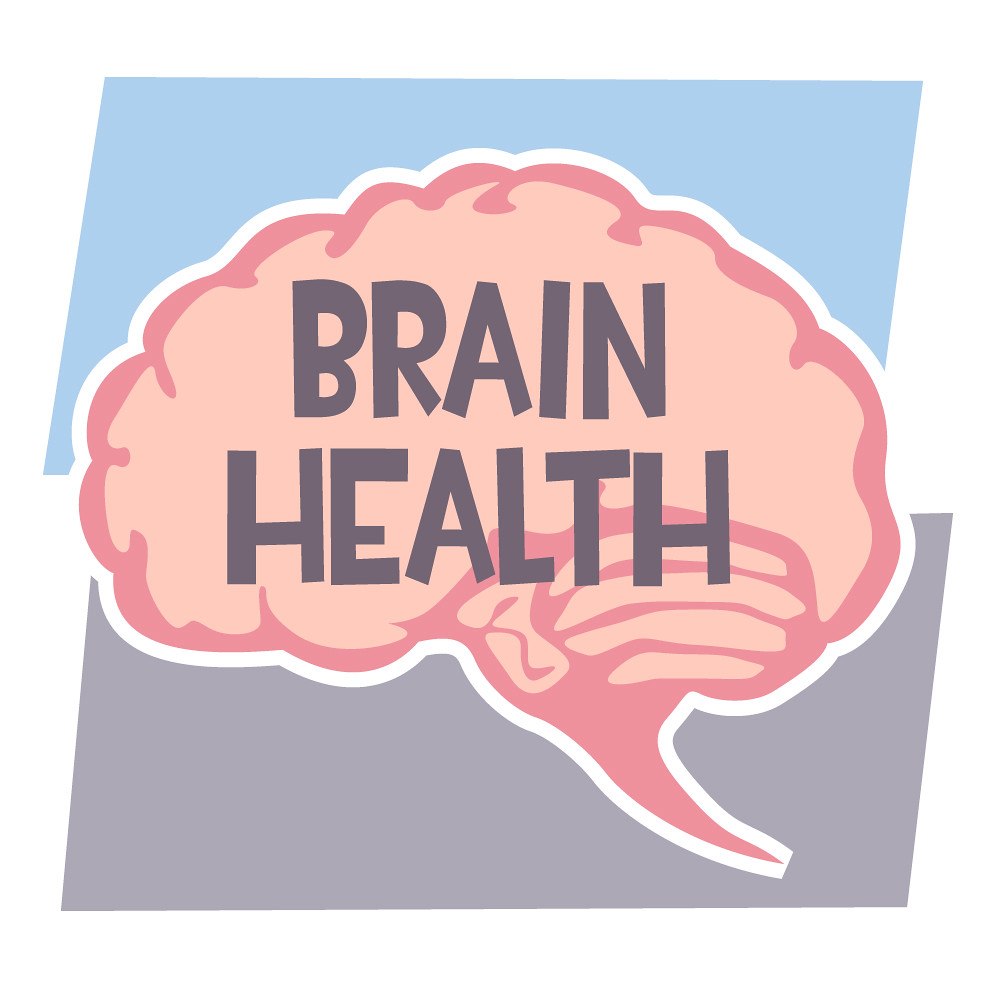
Vitamin D, often associated with bone health and immune function, has a lesser-known yet profound impact on mental health. From mood disorders to severe psychiatric conditions, the “sunshine vitamin” plays a pivotal role in brain function and mood regulation. Let’s delve deeper into the intricate relationship between Vitamin D and mental well-being.
Vitamin D and Its Role in Mental Health
Vitamin D receptors are found throughout the brain, indicating its significance in neurological processes. These receptors play a role in the synthesis of neurotransmitters, which are crucial for mood regulation and overall mental health.
Schizophrenia and Vitamin D Deficiency
Recent studies have drawn a connection between Vitamin D deficiency and the risk of developing schizophrenia, a severe mental disorder characterized by distortions in thinking, perceptions, emotions, and behavior. Ensuring optimal Vitamin D levels might help in managing and possibly reducing the risk of schizophrenia.
Vitamin D and Mood Disorders
Mood disorders, such as depression and anxiety, have been linked to low Vitamin D levels. The vitamin’s role in serotonin production, a neurotransmitter associated with mood regulation, suggests that adequate Vitamin D levels can potentially alleviate symptoms of these disorders.
Vitamin D Deficiency: Psychological Symptoms
A deficiency in Vitamin D can manifest in various psychological symptoms, including:
- Persistent feelings of sadness or depression
- Anxiety and mood swings
- Fatigue and decreased energy levels
- Difficulty concentrating and memory issues
Vitamin D Supplementation for Mental Health
While sunlight and dietary sources are primary Vitamin D sources, supplements can be beneficial, especially for those with deficiencies or specific mental health concerns:
- Vitamin D3 Supplements: Often recommended due to its effectiveness in brain function and mood regulation.
- Multivitamins with Vitamin D: Ensuring a holistic nutrient intake, beneficial for overall mental well-being.
Conclusion
The significance of Vitamin D in mental health is undeniable. From mood regulation to its potential role in severe psychiatric conditions, its influence is vast. Regular monitoring and ensuring optimal levels can significantly enhance mental well-being. For a more exhaustive understanding of Vitamin D’s myriad benefits, delve into our detailed guides on Vitamin D and Women’s Health, Vitamin D and Heart Health, and Vitamin D and Skin Health.
FAQs
- How does Vitamin D influence mental well-being? Vitamin D plays a crucial role in neurotransmitter synthesis, directly impacting mood regulation and overall mental health. Dive deeper into the connection between Vitamin D and mental health.
- Are there specific Vitamin D supplements recommended for mental health? Vitamin D3 supplements are often recommended due to their role in brain function and mood regulation.
- Can Vitamin D help in managing mood disorders? Yes, especially disorders like depression and anxiety. Vitamin D aids in serotonin production, crucial for mood regulation.
- Is there a link between Vitamin D deficiency and schizophrenia? Emerging research suggests that Vitamin D deficiency might be linked to an increased risk of developing schizophrenia.
- What are the psychological symptoms of Vitamin D deficiency? Common symptoms include persistent feelings of sadness, anxiety, mood swings, and difficulty concentrating.
Blog Tags: Vitamin D, Mental Health, Schizophrenia, Mood Disorders, Depression, Anxiety, Brain Function, Neurotransmitters.









